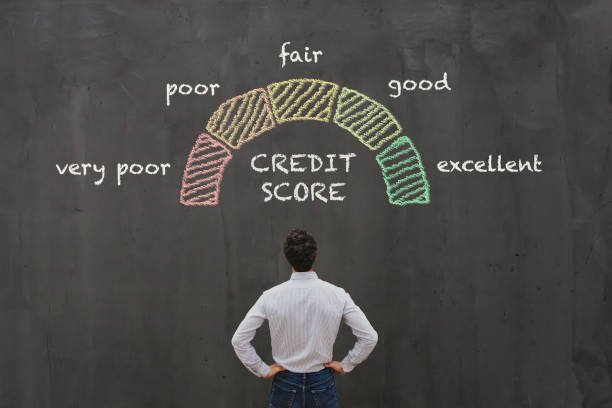Why an email newsletter is essential for personal branding
Nowadays, developing a personal brand is a goal shared by all, and it goes beyond simply being a catchphrase. For anyone hoping to make a name for themselves in their industry, be it professional, independent contractor, or business owner, it’s a must. Being active on the social media platforms where their target audience is present is the first step for anyone trying to develop their personal brand. However, as you grow, it becomes increasingly crucial to have a newsletter for a number of reasons. Let’s discuss the value of personal branding and the additional reasons a newsletter is essential. Importance of personal branding Whether you work as a professional, freelancer, or business owner, having a personal brand is always a nice bonus. When you have a strong personal brand, it can be easier for you to acquire new gigs as a freelancer or, conversely, for working professionals to negotiate a higher compensation or find new employers. In addition to these benefits, having a strong personal brand also boosts confidence.Here are some additional benefits of having a strong personal brand: Establishes credibility: One of the best strategies to establish credibility is most likely to have a personal brand. People are more likely to believe you when they read your blogs or watch your videos about topics you are knowledgeable about. Neil Patel is a prime example of this, having deftly constructed his personal brand by leveraging LinkedIn, Twitter and YouTube.Builds trust: As your audience interacts with your content, a personal brand also aids in the development of trust. By providing consistent material updates, you may establish a rapport with your audience and convert subscribers into devoted followers and even potential clients or customers.Builds network: People naturally create a network when they concentrate on developing their own brands, and this is beneficial in a number of ways. The interactions on them as you post more content help you expand and increase your network, which you can then use. Benefits of having a newsletter for personal branding Direct communication: Emails are a more dependable form of communication since they get in your audience’s mailbox immediately, unlike social media, where visibility is determined by algorithms.Build Relationship: By providing frequent updates, you may establish a rapport with your audience and convert subscribers into devoted followers and even potential clients or customers.Increases visibility: By reminding readers of your existence and experience, every newsletter helps you become more visible to them.Drives traffic: Your entire online presence can be enhanced by include links in your newsletters that direct readers to your blog, website, or social media accounts. How to convert followers into subscribers Setup newsletter and email collectionThe first and most obvious step is to setup and have a newsletter live so that you can start sending your followers to it. Reuse the content to drive users to your newsletter The final piece of advice to increase email subscribers is to inform your current followers of the benefits of not subscribing. Conclusion Sending out email newsletters is essential if you want to advance your own brand. Having a newsletter is similar to having superpowers that you can use in a variety of scenarios. One such scenario would be wanting to send out a message without waiting for the social media system to function. Moreover, a newsletter could aid in the development of your company so that you can take on sponsorship from companies looking to advertise in it.


